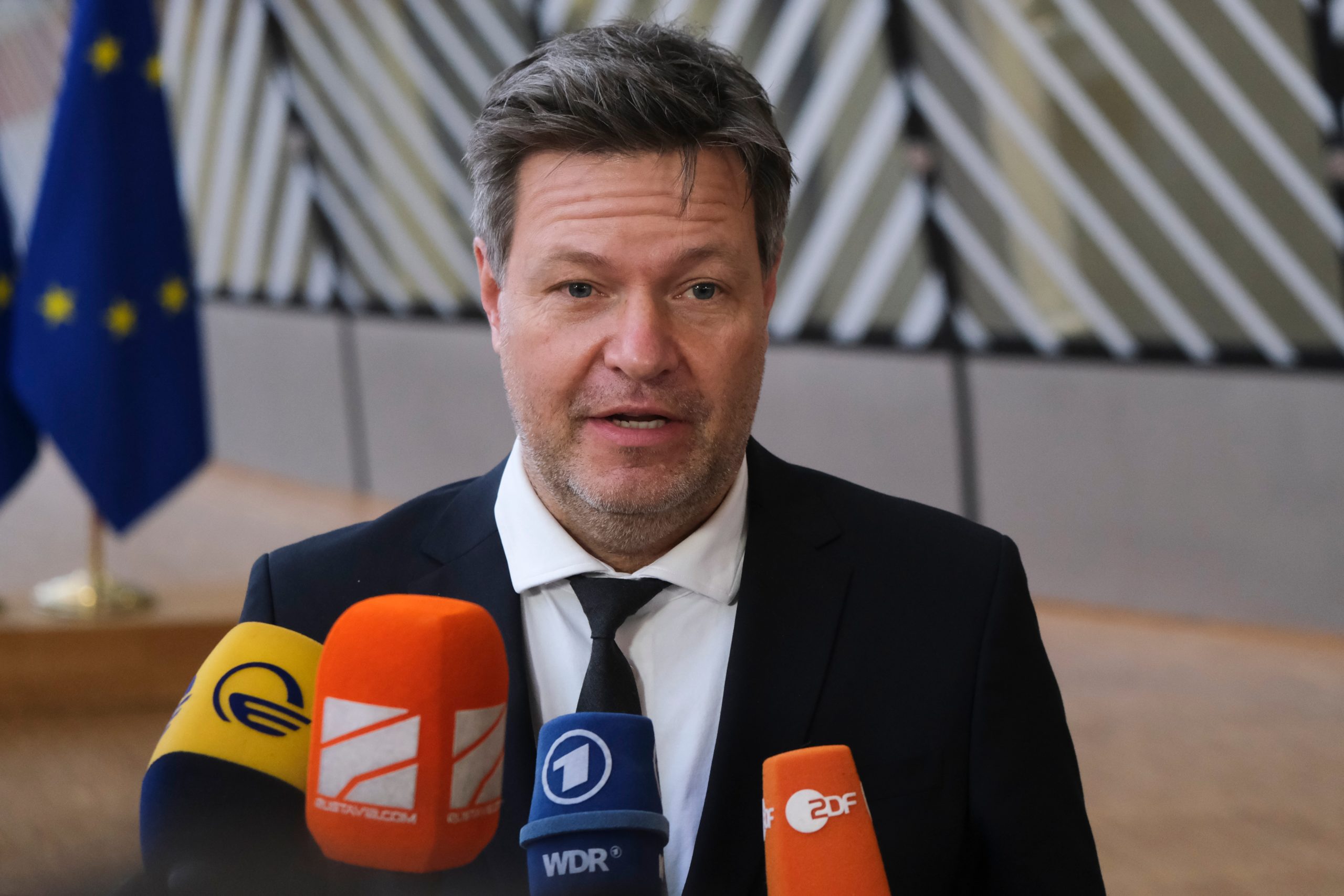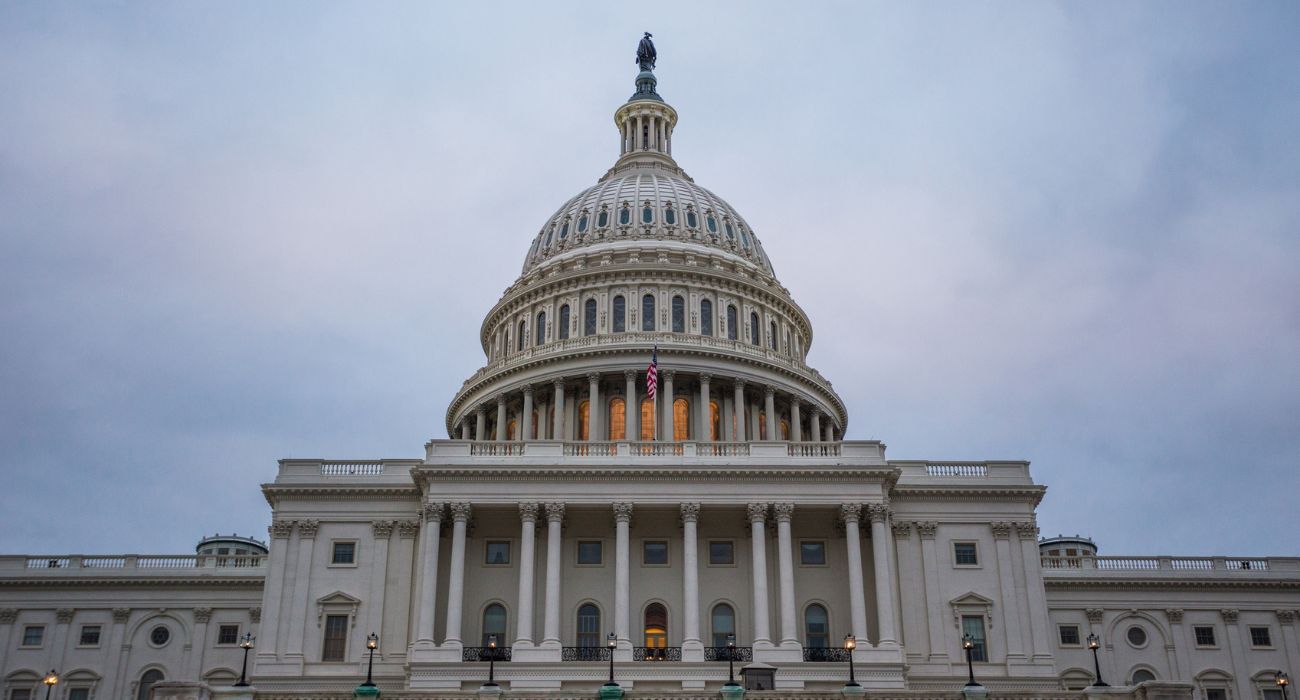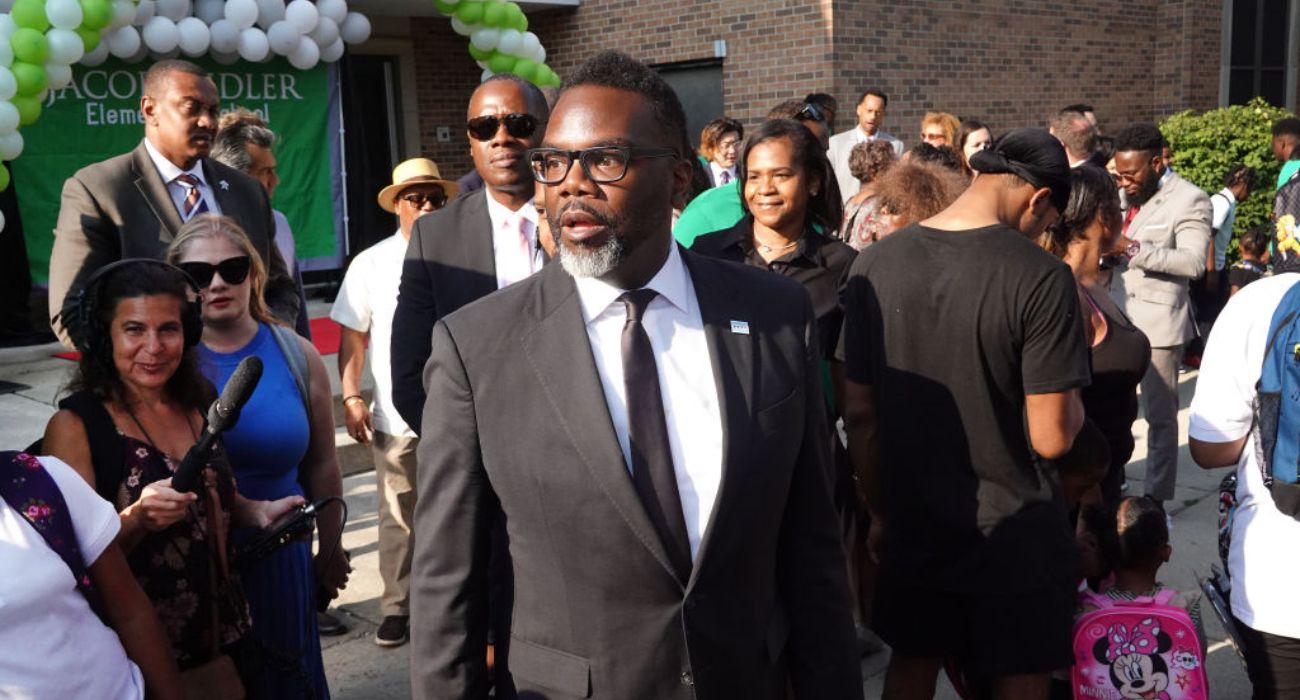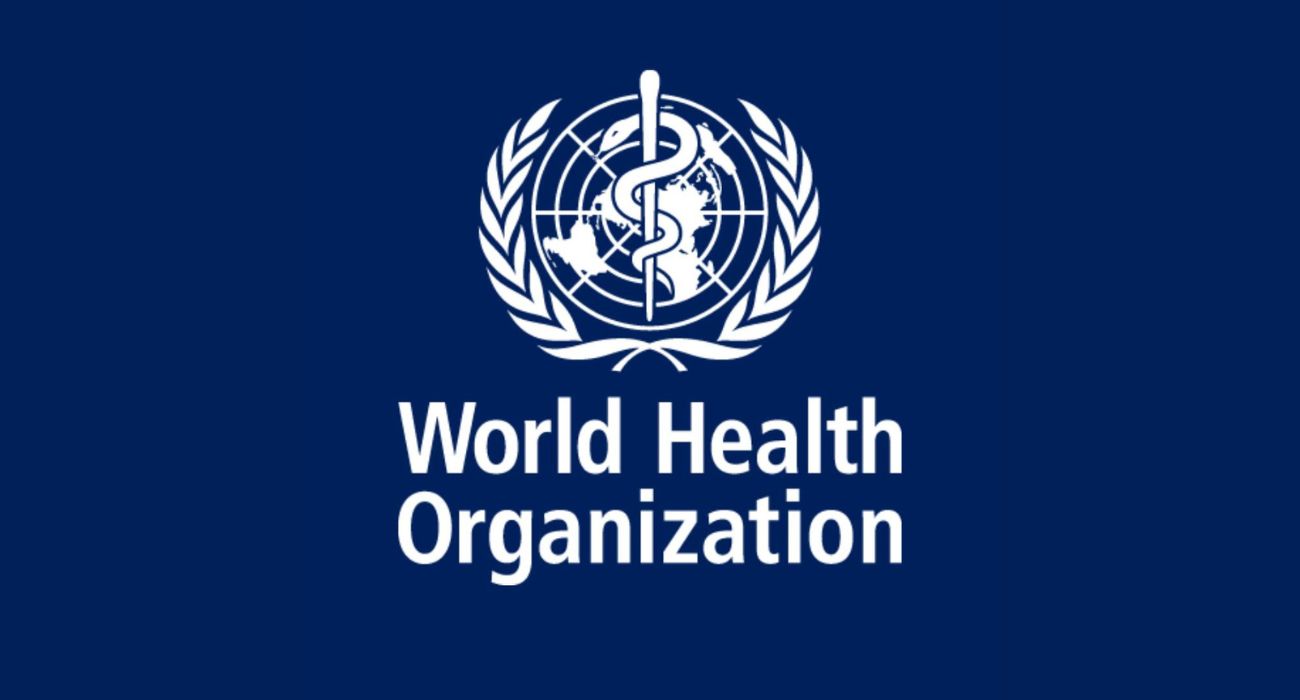Germany appears to have called Russia’s bluff after President Vladimir Putin required so-called “unfriendly countries” to pay in rubles for his country’s energy in a dispute over gas payments.
On March 31, the Kremlin issued a presidential order laying out the process for foreign buyers to convert their dollars and euros into Russian rubles through a state-controlled bank.
German Energy Minister Robert Habeck put the country’s “early warning phase,” a gas emergency law that is responsible for rationing fuel in the event that shortages arise, into effect on March 30.
As a result of the law, businesses and citizens of Germany will need to make an effort to conserve energy in any way that they can.
Habeck’s announcement warned the German people that Russia may cut off supplies if the country refused to pay for the exports in rubles. However, according to Habeck, Russia’s new requirement violates the two countries’ agreement with each other.
“For us, with regard to Putin’s threat or announcement or plan — one doesn’t really know what to call it anymore — to get paid in rubles, the main point is that the contracts are being kept,” said Habeck.
“Payment in rubles is not acceptable.” Habeck added, “and we call on the companies concerned not to comply with Putin’s demand.”
Germany is significantly reliant on Russian gas, importing 55% of its gas from the country in 2021. However, this ratio dropped to 40% in the first quarter of 2022.
The government wants to lessen Germany’s dependency on Russian energy imports, but Habeck warned that full independence from Russian supplies will not be obtained until mid-2024.
Katja Yafimava, a senior research fellow at the Oxford Institute for Energy Studies, says that Russia is merely concerned with receiving total payments, preferably in rubles, for their fuel.
“If Europe were to lose supplies of Russian gas, it would be not because of Russia cutting them off but because of Europe not paying for them,” Yafimava said.






